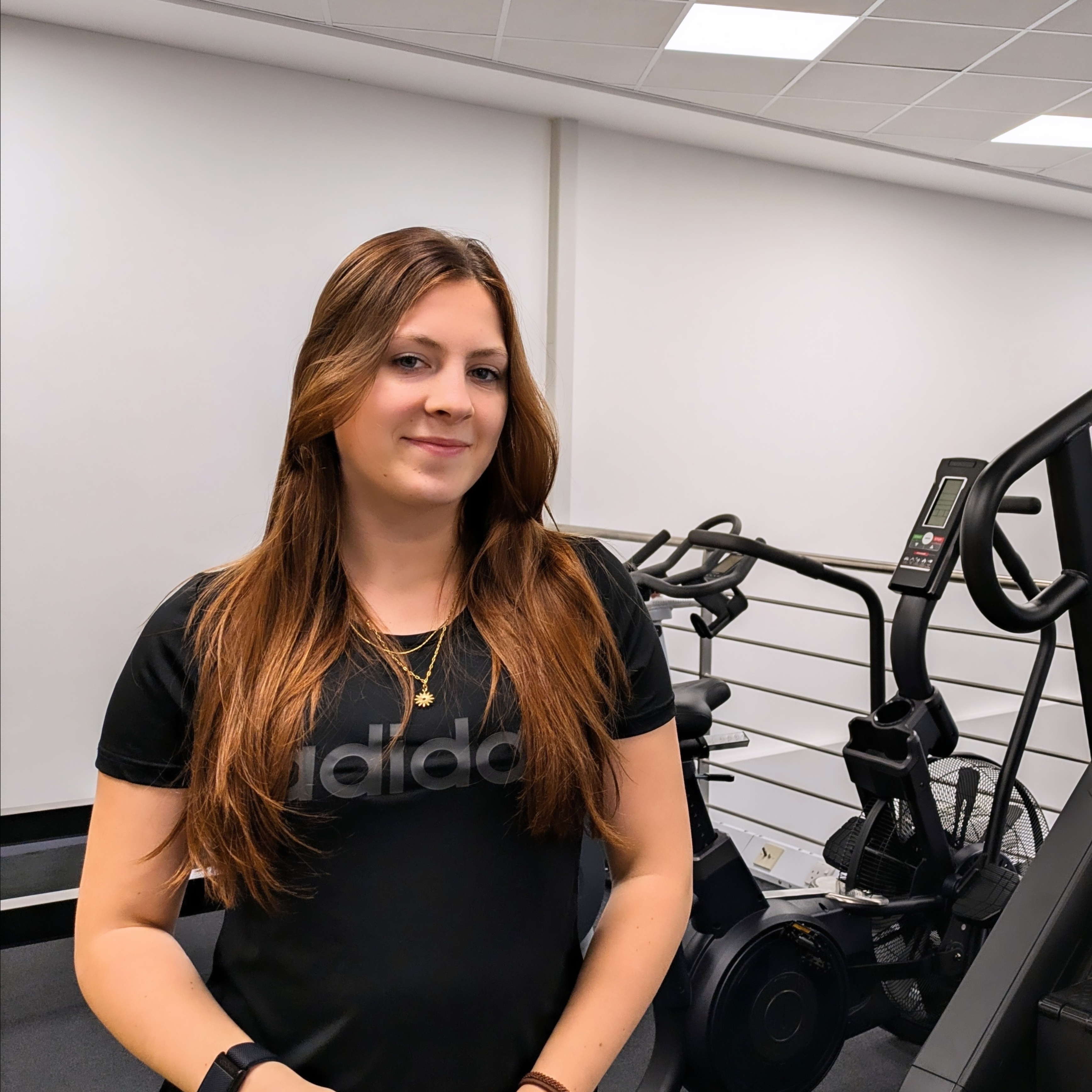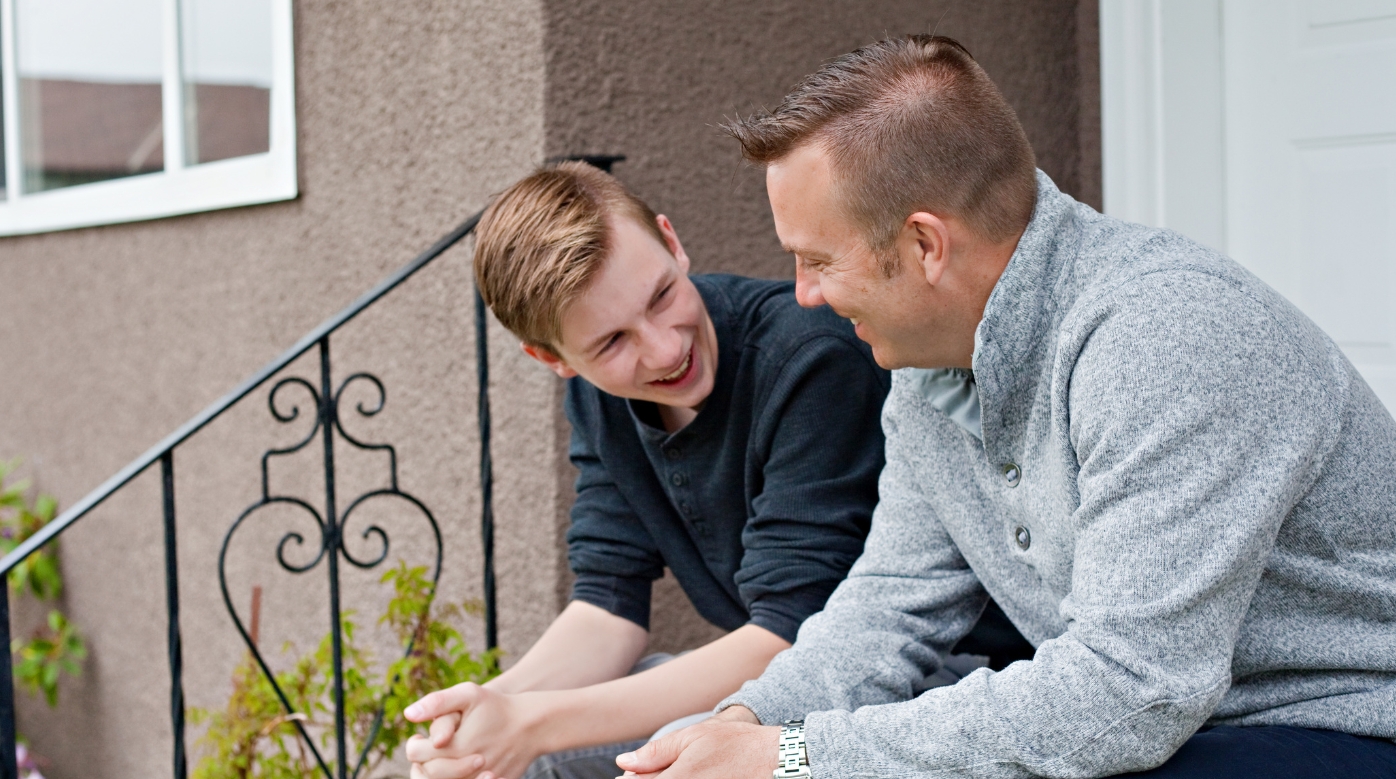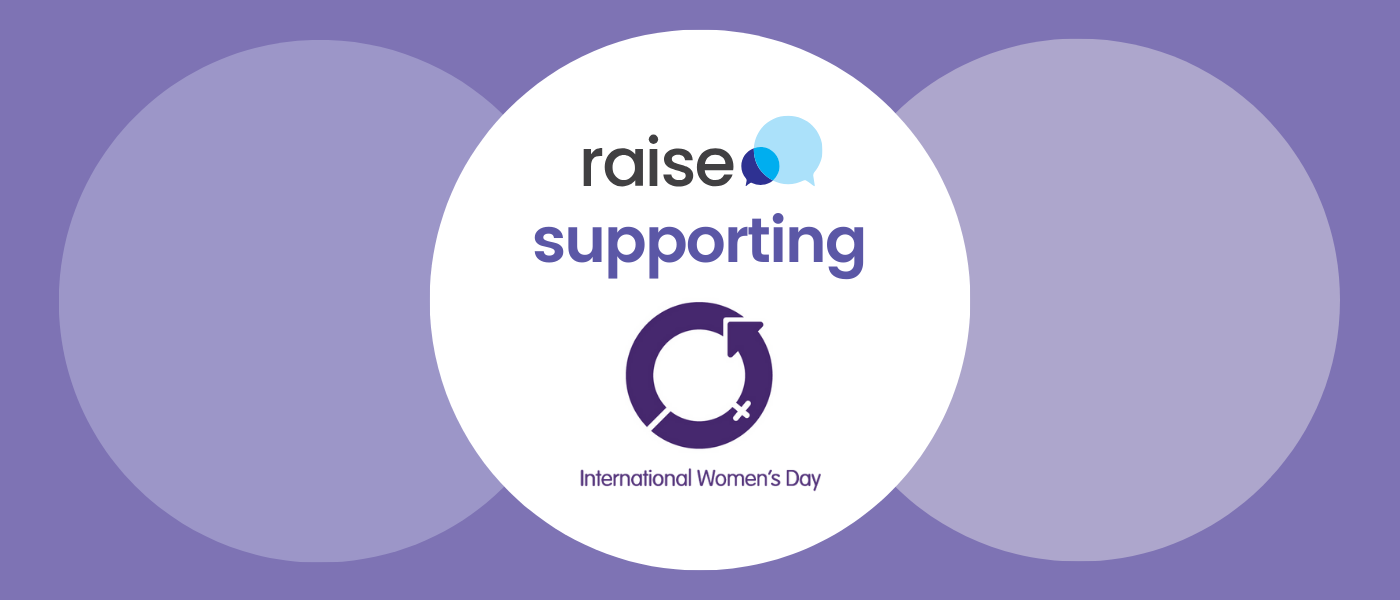
Finding new ways to support young people
Clinical Psychologist Melissa spent a few years considering ways she could volunteer, wanting to volunteer in something she could continue in her retirement was important. Melissa also wanted to build further connections with her community and continue those as her work life scaled down.










